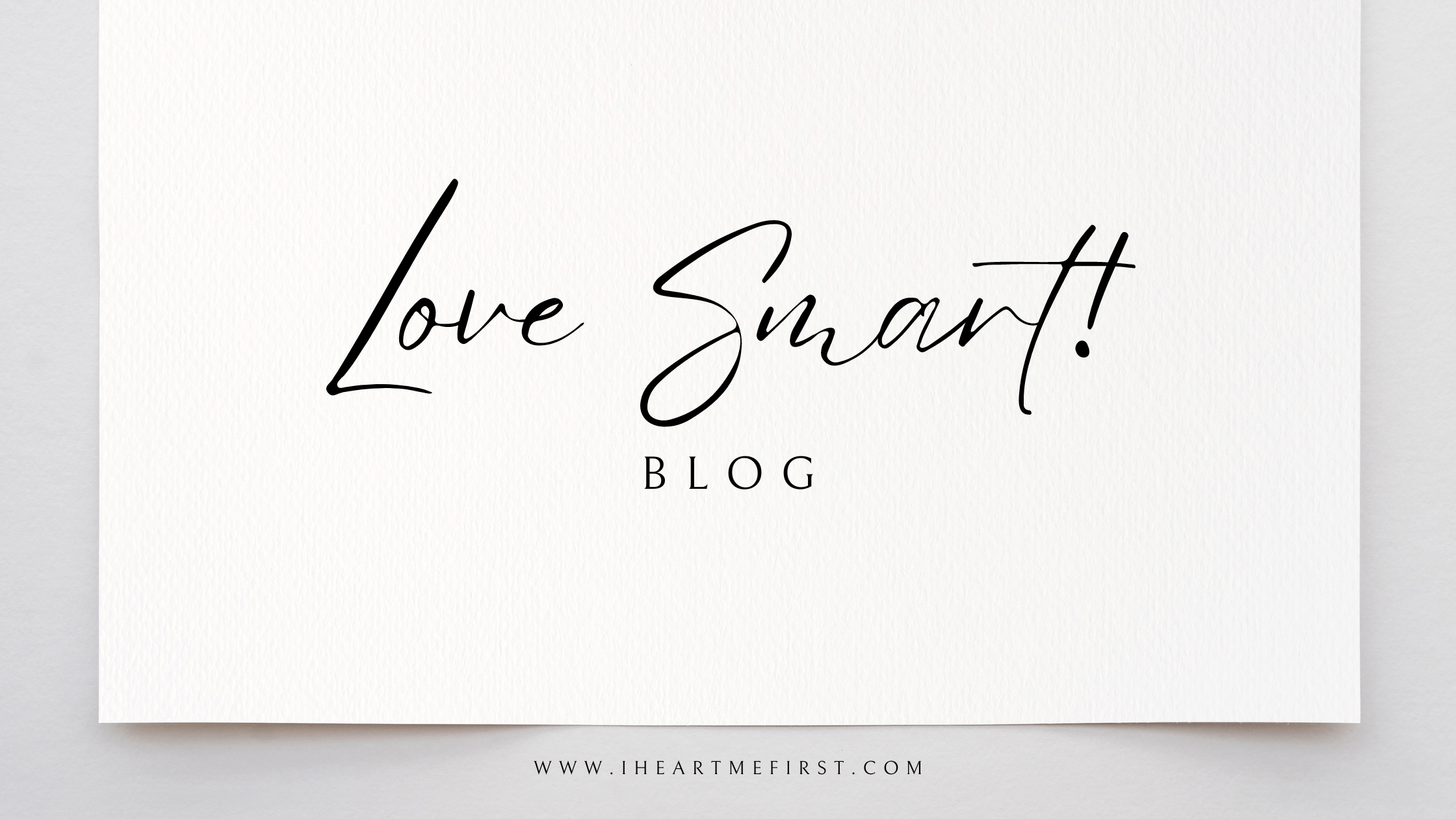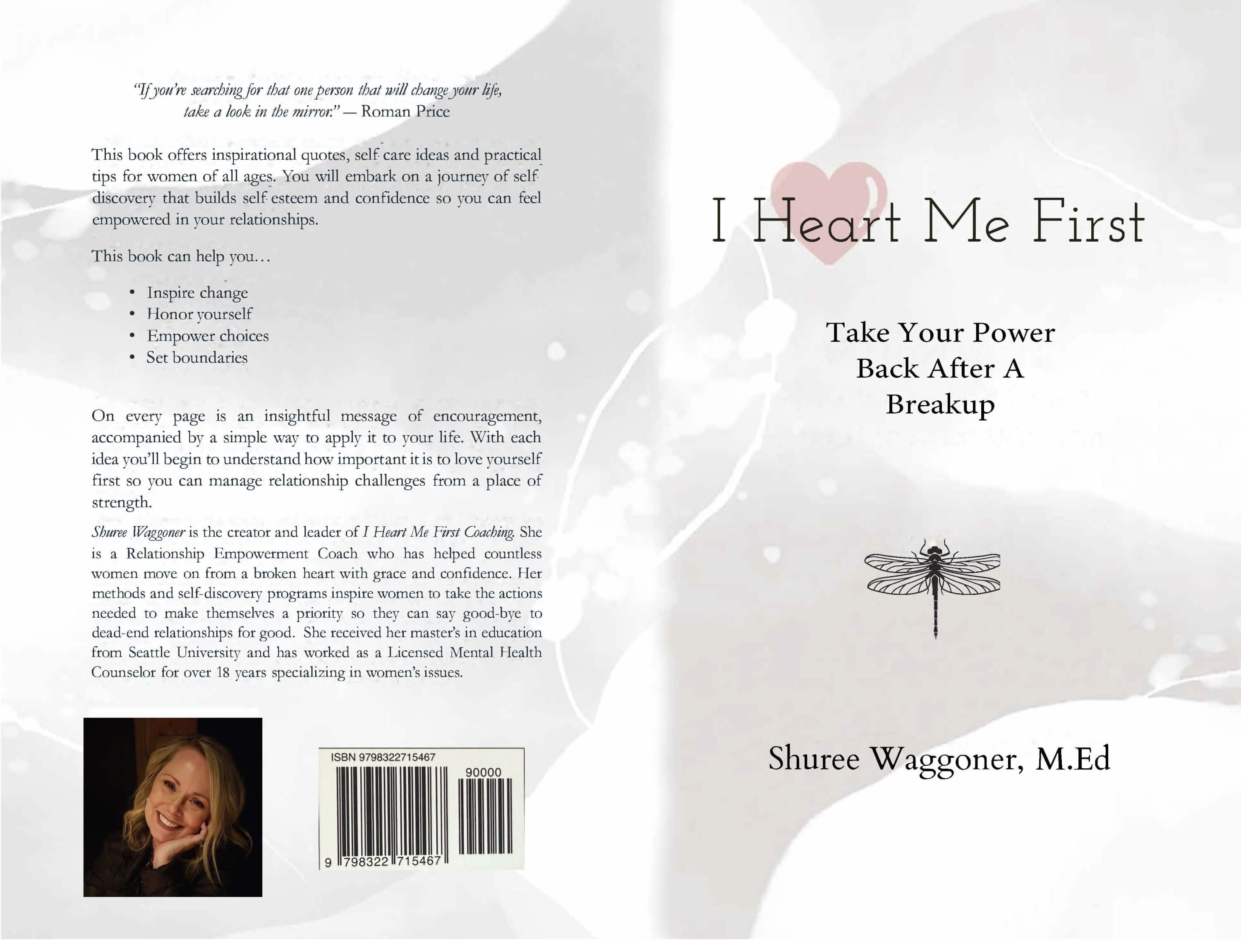Here Are Some Major Red Flags in Dating
- ❤️🩹🚩 Love bombing: Overwhelms you with excessive affection, gifts, and attention early on to create dependency, which often shifts to control or manipulation.
- Avoids difficult conversations: Shuts down, deflects, or becomes defensive when you bring up serious topics, preventing emotional intimacy and conflict resolution.
- 🙈🚩Avoids accountability: Refuses to take responsibility for actions, blames others, or plays the victim when confronted.
- Disregards your boundaries: Pushes past your comfort zones and may guilt-trip you for setting boundaries or ignore them altogether.
- 👑🚩Acts entitled or superior: Displays arrogance, talks down to others, or expects special treatment, lacking respect for others.
- Secretive or evasive: Hides details about their life, avoids answering questions directly, or keeps you away from their friends and family.
- 🤥🚩Lies or manipulates: Caught in lies and twists situations to suit their narrative, often making you question your own reality (gaslighting).
- Plays the victim: Constantly portrays themselves as wronged by others and never acknowledges their role in conflicts.
- 👻🚩Ghosts or withdraws suddenly: Disappears without explanation, especially when things get serious or challenging.
- Creates drama or chaos: Thrives in conflict, keeps you on an emotional rollercoaster, or brings turmoil wherever they go.
- 👂🚩Doesn’t listen to your needs: Consistently prioritizes their wants over yours, dismisses your needs, or makes you feel guilty for expressing them.
- Lacks empathy or compassion: Shows little concern for your feelings or the feelings of others, often seeming emotionally cold or dismissive.
- 💣🚩Quick to anger or volatile: Has sudden mood swings, reacts aggressively, or makes you feel unsafe emotionally or physically.
- Tries to control or isolate you: Wants to monitor who you spend time with, controls your choices, or makes you feel guilty for maintaining outside relationships.
- 🎭🚩Has a “mask” or inauthentic persona: Acts differently depending on who they’re around, making it hard to gauge their true character.
Here are common reasons why we might overlook them:
- Trauma Bonds: Familiar patterns from childhood may make inconsistency or chaos feel like “home.”
- Attachment Wounds: Clinging to harmful relationships, hoping for validation and security due to anxious attachment.
- Hope & Potential: Focusing on who they could be rather than who they are, believing things will change.
- Low Self-Worth: Settling for less due to feeling unworthy of healthy love or fearing being alone.
- Cognitive Dissonance: Justifying their behavior to align with your desire to see them as good.
- Fear of Abandonment: Avoiding setting boundaries or addressing red flags to prevent losing the relationship.
- Unhealed Wounds: Overlooking toxic behaviors to avoid facing deeper pain from old wounds like rejection or betrayal.
- Emotional Conditioning: Growing up in an environment where boundaries weren’t respected, making red flags less recognizable.
- Denial: Holding onto illusions because it feels safer than facing the painful reality and needing to walk away.
- Empathy Overload: Highly sensitive people (HSPs) often over-rationalize bad behavior and prioritize empathy over self-protection.
- Minimizing Behavior: Downplaying red flags by thinking, “It’s not that bad,” leading to tolerance of unhealthy dynamics.
🤷♂️🚩If you often overlook red flags, are attracted to unfulfilling relationships, or can't break unhealthy patterns, know you're not alone. These cycles come from deep-rooted issues and survival mechanisms. Healing starts by recognizing these patterns and learning how to change them. In our work together we work on all of the above. It won’t be easy. It takes courage to look inward and confront buried emotions, but it’s so worth it when you reclaim your power.
If you’re ready to stop people-pleasing, set authentic boundaries, and adopt healthy behaviors become, I’m here to help. We'll transform old habits into a life of relationship fulfillment.
Reach out if you feel ready. It's time to heal, grow, and invest in yourself.
You deserve a love that feels like home. 💛
If we don’t get the love we deserved as children or our parents didn’t care for us as they should have - we long for it! It’s understandable to seek out the attention we didn’t get, it’s innate in all of us. Because of this, falling for the tactics of the love bomber almost seems natural.
They present themselves as everything you have ever wanted. They show up and attend to you which appeals to that childhood wound deep within you. It feels so good and it’s exactly what you have been missing. It’s an easy YES! at first.
When you wonder if it’s too good to be true? it’s probably Love Bombing.
How do you know if it’s LB? TIMING. A true healthy stable relationship develops over many months. With a love bomber it’s fast tracked over weeks.
A narcissist or an insecure, emotionally immature person will use love bombing as the first step in their dating process. They target women who are kind, empathetic and forgiving. This is key because later they will need you to forgive their behavior repeatedly.
They come in hard and fast and shower you with attention. The first date is most likely a marathon and usually lasts several hours if not an entire day moving from one event to the next. In the first week of meeting, he’s showering you with attention. He’s texting you all day things like “good morning beautiful”, “can’t wait to see you”, “I’ve never felt like this before” etc.
He professes his love quickly and with conviction (before really getting to know you). He tells you everything you want to hear. “I’ll take care of you”, “I want to be there for you”. He makes plans into the future - WE’ing all over you.
His actions are all about you, he goes out of his way to please you. If you’re a single mom and overwhelmed, he’ll offer to pick up your kids from gymnastics and cook dinner for the family. All the things that you have been missing and wishing for, he will present as.
He wants you to think you are different from the others, so he’ll tell you a difficult story from his past and say “I’ve never told anyone that before” so you think you’re special (which you are but not to him) it’s an act.
Basically, he fast tracks the whole dating process to win you over quickly, so you get hooked and fall in love fast.
Why? so you become their 'source/supply' which is your adoration, applause and the acceptance they crave. They feel empowered, valued and worthy of esteem. Your responses inflate their self-image and fuel their power. They build themselves up at the supplier’s expense and eventually their behavior leaves the supplier feeling vulnerable.
After the initial idealization phase, the mask starts to slip. Things start to change, and red flags begin to appear when he moves into the de-valuing stage. They criticize and degrade you, making you feel unworthy or inadequate. The gaslighting and stonewalling is maddening and confusing.
You start doubting yourself, wondering if it’s you and what you did wrong. It’s a whiplash of emotions.
You enter the emotional abuse fog and find yourself bending and contorting yourself just to survive the emotional chaos.
But now you’re in love, moved in, married, or have kids…and leaving is more difficult.
It’s a bait and switch situation.
Hopefully at some point you start to do some research, reaching out to others who have experienced similar things, so you don’t feel so alone.
I’ve heard clients say, “but he has empathy, narcissist don’t have empathy”. First of all, empathy can be faked. Also, there are slight and unique differences from the definition of NPD Narcissistic Personality Disorder and a narcissist in a romantic relationship. They can fall anywhere on the spectrum from the extreme NPD to the other end - narcissistic communication style, and anything in between.
A narcissist in a romantic relationship looks like.
Love Bombing: At the beginning of the relationship, they may shower their partner with excessive attention, affection, and gifts to win them over1.
Lack of Care: They often struggle to understand or care about their partner’s feelings and needs.
Need for Admiration: They constantly seek validation and admiration from their partner, often at the expense of their partner’s needs.
Manipulation and Gaslighting: They may manipulate their partner to maintain control, including gaslighting, which involves making their partner doubt their own perceptions and reality.
Entitlement: They expect special treatment and may become angry or frustrated if their partner does not meet their demands.
Interpersonal Exploitation: They may take advantage of their partner to achieve their own goals, without considering the impact on their partner.
Jealousy and Envy: They may exhibit extreme jealousy and envy, often accusing their partner of being unfaithful without cause.
Arrogance and Superiority: They often display arrogant and superior attitudes, believing they are better than their partner and others.
These behaviors can create a toxic and emotionally draining relationship environment. Even knowing you are in this type of situation; it can be very difficult to break free.
Love takes time to develop. This is how you see all aspects of a person in various elements of life. Listen to your instincts, pay attention to the questions in your head, talk about the yellow flags with others because it’s easy to get confused and doubt your reality when you’re in it.
As you navigate this situation always remember to...
Love Yourself First!
Understanding the signs of a toxic relationship is crucial for emotional well-being. Indicators of an unhealthy relationship include lack of trust, poor communication, disrespect, control, power imbalances, and isolation. Frequent conflicts, emotional manipulation, any form of abuse, and unhealthy dependence further signify toxicity.
On the other hand, a healthy romantic relationship is characterized by mutual trust and open communication. Partners in a healthy relationship show respect, support each other’s goals, and share decision-making responsibilities. Healthy boundaries, mutual enjoyment, constructive conflict resolution, affection, and aligned or respected values are the hallmarks of a thriving relationship.
Read more...




